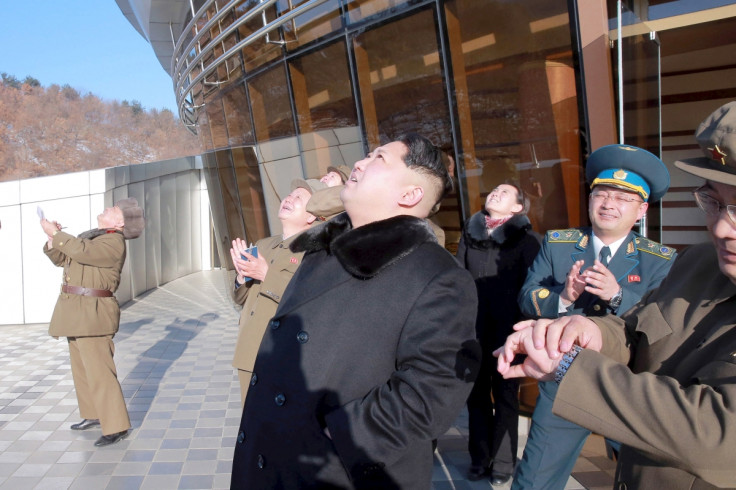Kim Jong-un claims North Korea has already miniaturised nuclear warheads

In what is being seen as a rare remark, North Korean leader Kim Jong-un has claimed his hermit kingdom has miniaturised nuclear warheads which can be mounted on ballistic missiles. Kim has also ordered nuclear scientists and technicians to be on alert to launch pre-emptive strikes against adversaries.
"The nuclear warheads have been standardised to be fit for ballistic missiles by miniaturising them. This can be called true nuclear deterrent," Kim told the nuclear scientists while visiting a facility, according to the regime-backed Korean Central News Agency (KCNA).
Though the North's state media has often trumpeted its abilities to miniaturise warheads, this is the first time the reclusive nation's leader has directly commented on it. It also comes at a time when tensions are high on the Korean peninsula following Pyongyang's fourth nuclear test and long-range rocket launch.
Analysts and North Korean watchers have long questioned Pyongyang's capabilities and cast doubts on whether they have the technology to miniaturise warheads. The KCNA report went on to add that Kim inspected the nuclear warheads that have been designed for a thermo-nuclear reaction, in reference to the alleged hydrogen bomb test which the North claimed to have conducted in January.
The country's nuclear scientists briefed the leader on the "research conducted to tip various type tactical and strategic ballistic missiles with nuclear warheads". The KCNA added: "He [Kim] stressed the importance of building ever more powerful, precision and miniaturised nuclear weapons and their delivery means."
If the North is known to have acquired or developed the technology to fit nuclear warheads on ballistic missiles, it would pose a serious threat to its rival neighbours, South Korea and the US.
"It was very rare that the North's leader has come to the front in displaying his country's nuclear capabilities," Chang Yong-seok, a researcher at the Seoul National University Institute for Peace and Unification Studies, told Yonhap news agency.
© Copyright IBTimes 2025. All rights reserved.






















